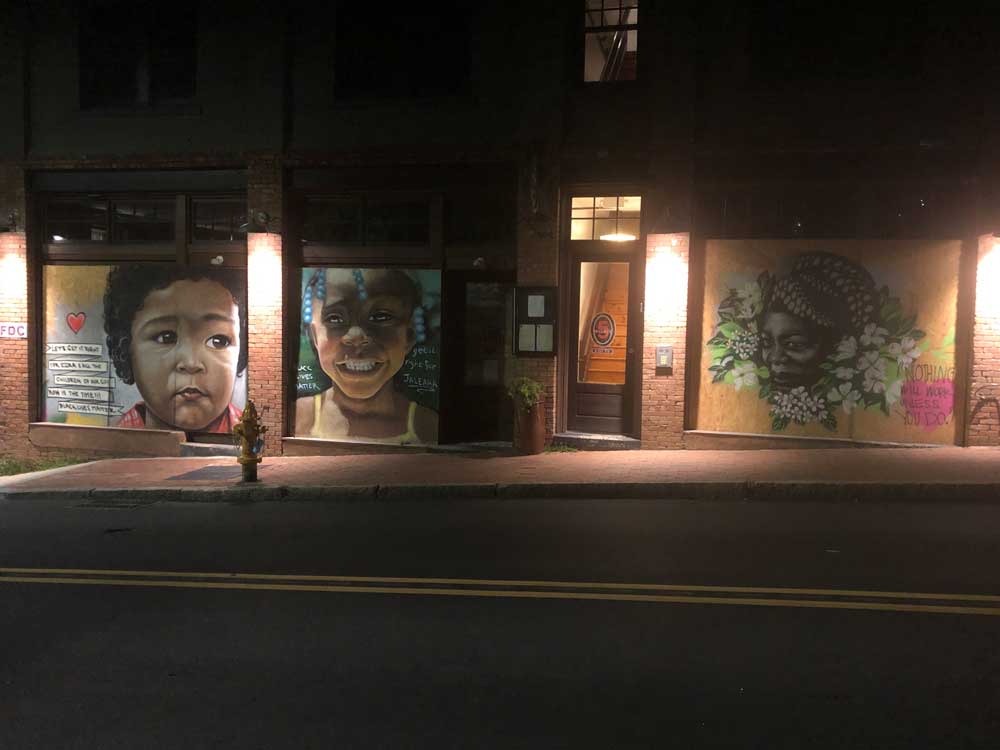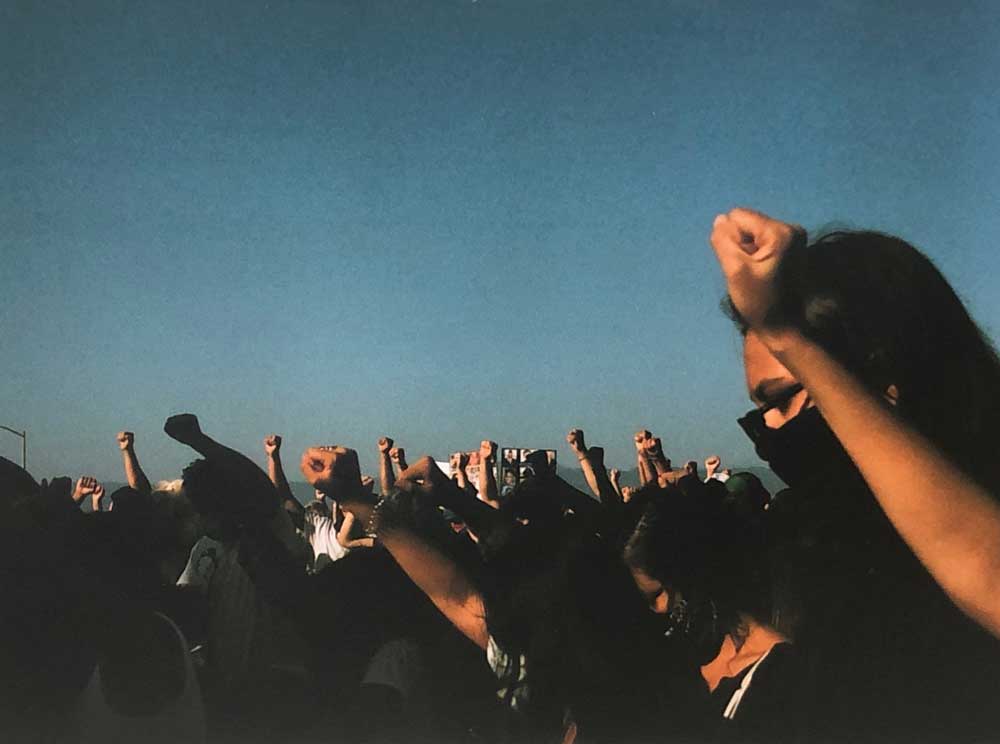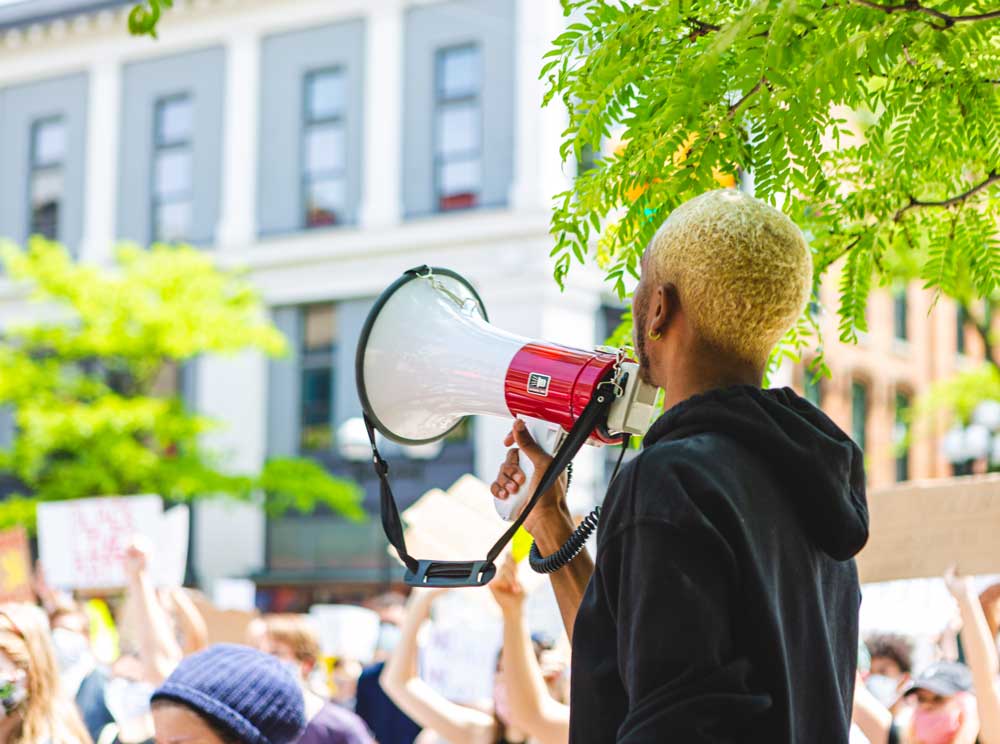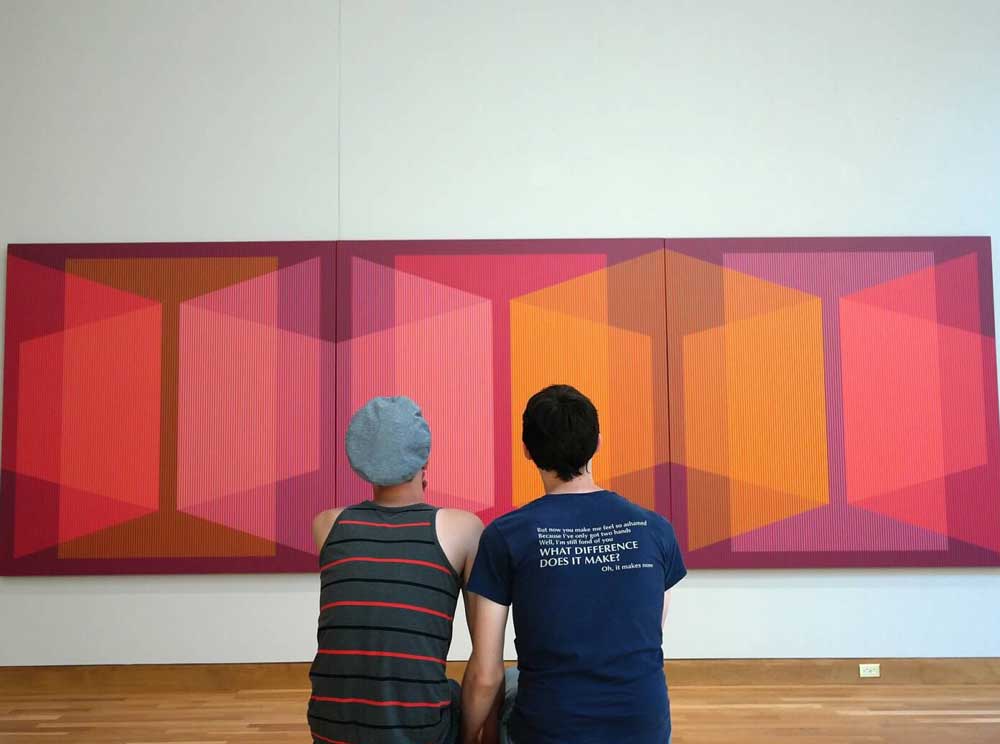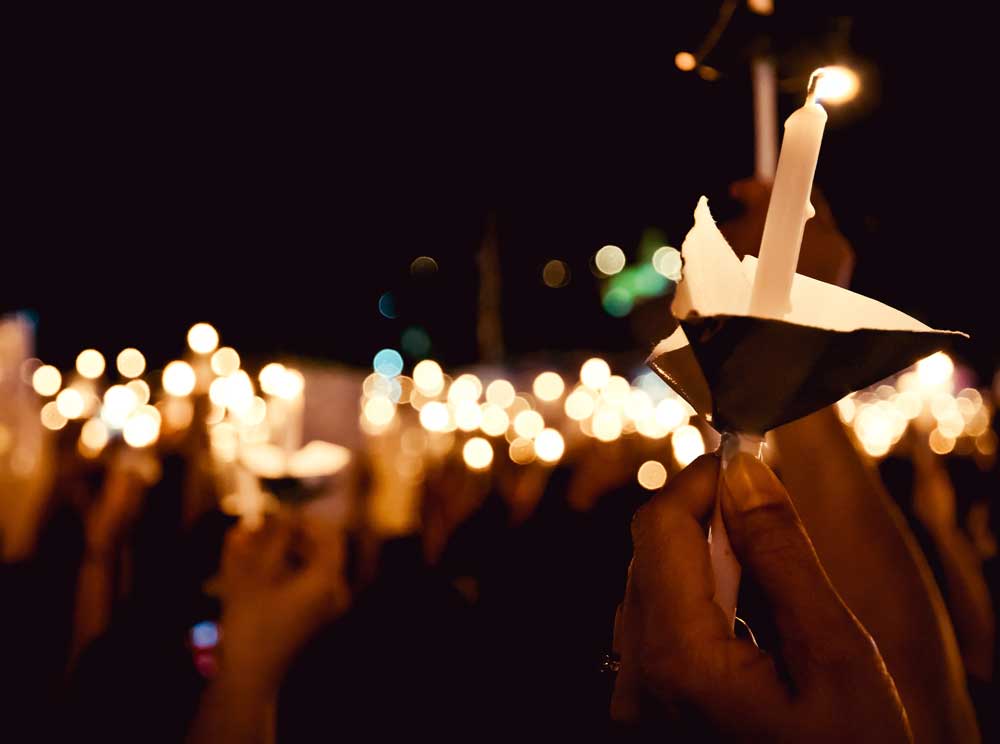CHHSM Anti-Racism Center
At CHHSM, we seek to ground all the work that we do in our vision: “together, we create a just, caring and compassionate world.” Such a world cannot exist while white supremacy, racism, and anti-blackness continue to dominate policies, organizations, faith communities, culture, beliefs, and daily life. Yet the good news of the Gospel offers us a way to engage and transform that dominance, while in the midst of it; to be present to the pain, while feeling the life-force of the resurrection; to heed the wisdom of the prophets of old, while making room for this moment’s truth to be born out of us. As Christians, we follow a messiah who preached a message of liberation, lived a life of interconnectedness, and died by state-sanctioned violence for doing so. However, Christ shows us that violence does not have the final say, and thus calls us to the deeply spiritual work of reckoning, repair, and recreating. To be a disciple is to be anti-racist.
This page is intended to be part of that work and discipleship. Through self and communal reflection and by continuing to gather resources, ideas, and wisdom, we hope this online collection supports our journey together on the road of justice and grace.
- Where do I fit into this collective story of anti-racism? —Tiffany M. Jewell, Good Ancestor Podcast: Episode #30
- What is the narrative of my life saying, asking, shouting? What story is my organization or community telling right now?
- How do I become a good ancestor? How can I create a legacy of healing and liberation for those who are here in this lifetime and those who come after I’m gone? —Layla F. Saad, Good Ancestor Podcast
- Tell a story in six words about something that recently brought you delight in the midst of all these hard things. —enfleshed
- Imagine you have an anti-racist toolbox that you carry around with you, what’s in it and why? —Tiffany M. Jewell, This Book is Anti-racist
In this section, you will find resources from CHHSM and UCC communities as well as foundational anti-racist books, discussion guides, poetry, media, etc.
The resources in this section are focused on anti-racism work in non-profit organizations, employee relations, and leadership. It is important to be able to identify and use the tools directed towards meaningful change and equity.
This section draws attention to the perspectives on racial justice and police brutality from social movements. Specifically, we felt it important to highlight the movements within health and human services that have provided frameworks for our Be a Voice Advocacy Toolkit. This is not an all-inclusive list, but it illustrates how racism shows up in every layer of our society—from health care and food access to housing and incarceration. These particular movements were also founded or are predominantly led by Black, Indigenous, and other People of Color and are guided by the lived experiences of these communities, especially those experiences that were ignored by other justice movements.
Located in Cleveland, Ohio, the Council for Health and Human Service Ministries, United Church of Christ acknowledges that we reside on the traditional homeland of the Lenape (Delaware), Shawnee, Wyandot Miami, Ottawa, Potawatomi, and other Great Lakes tribes (Chippewa, Kickapoo, Wea, Pinakahsw, and Kaskaskia) who have stewarded this land for generations. We also acknowledge the thousands of Native Americans who now call Northeast Ohio home.

